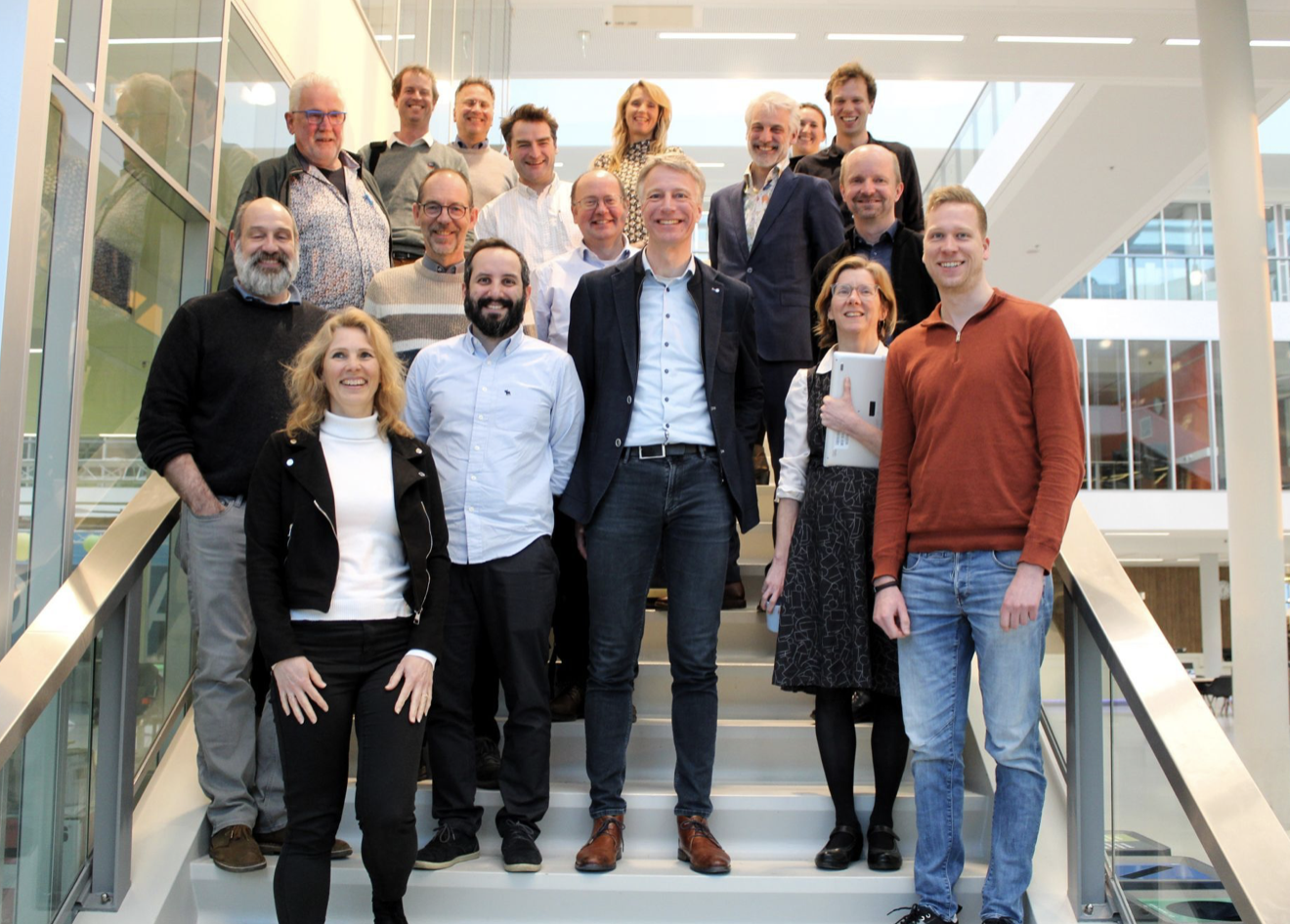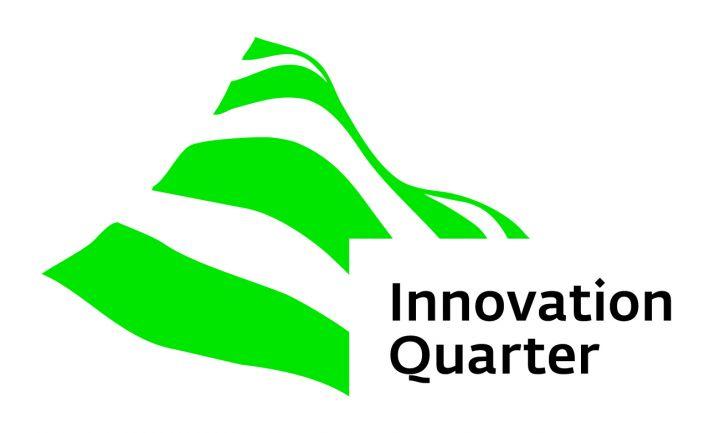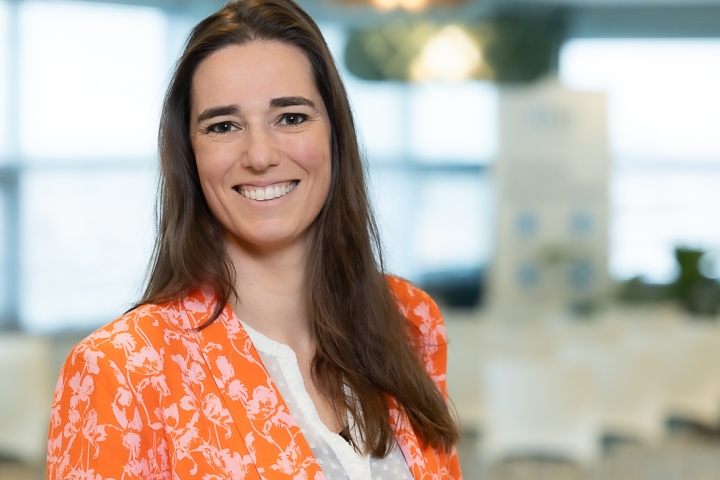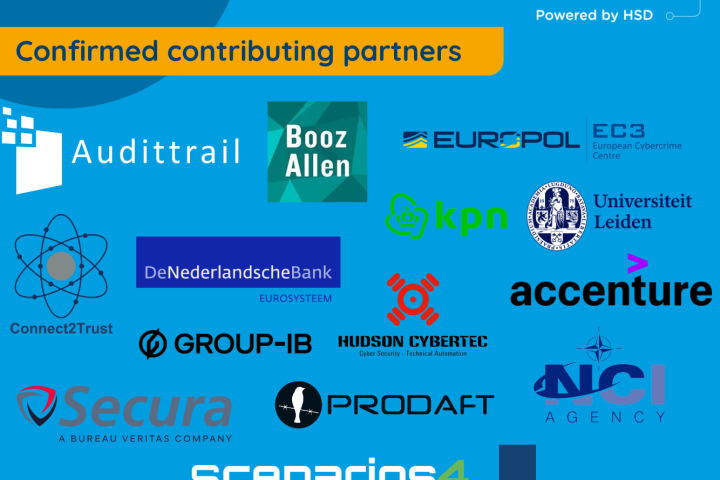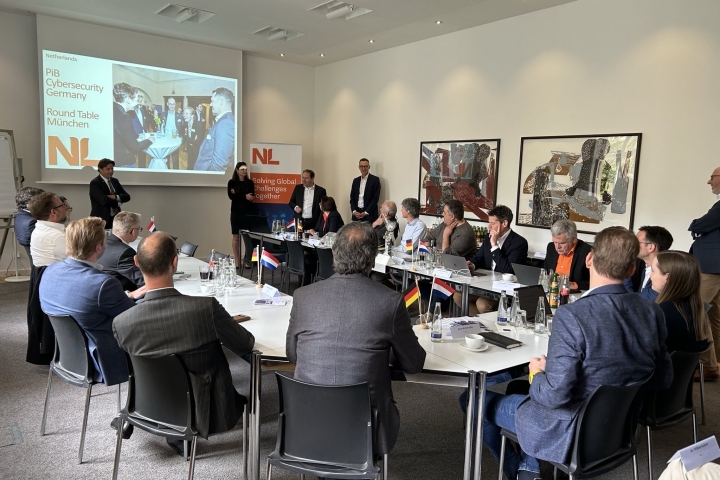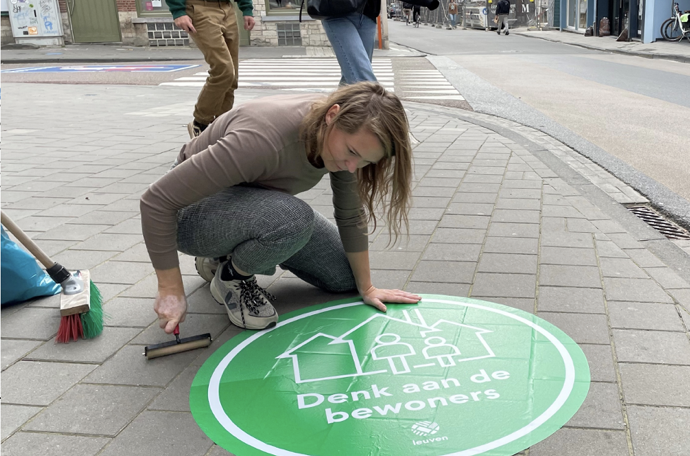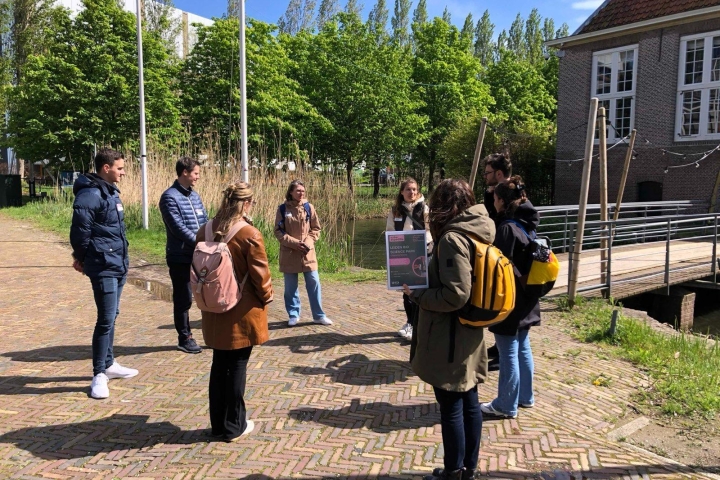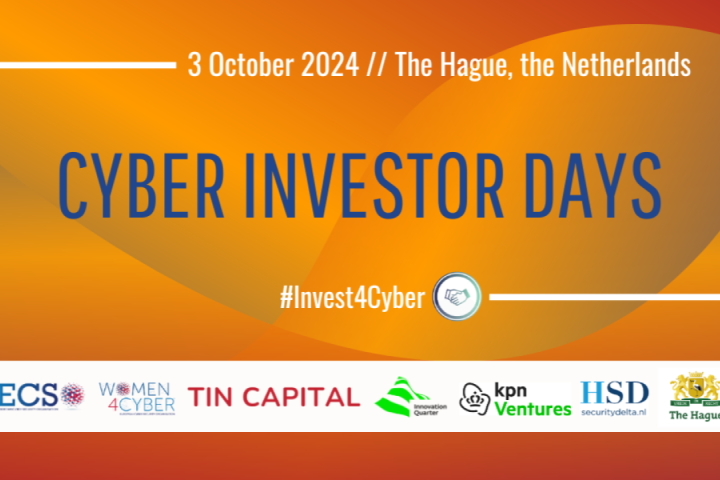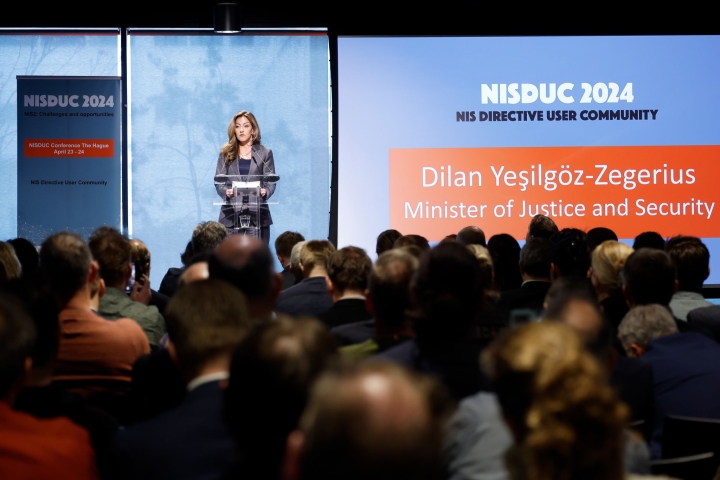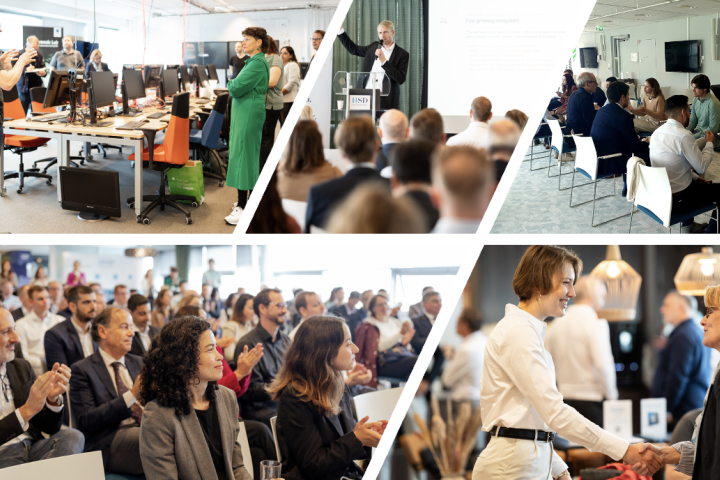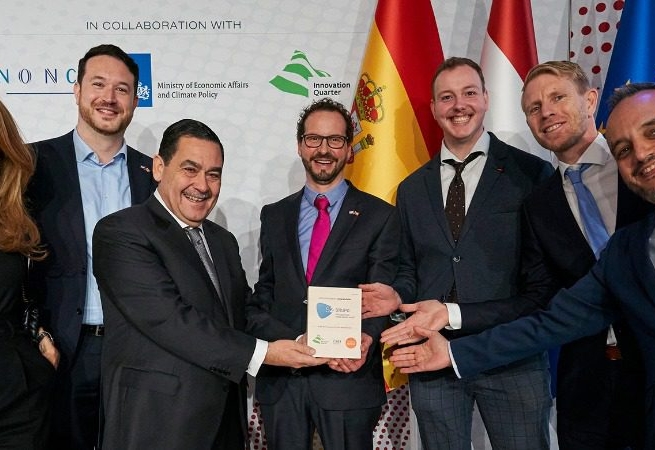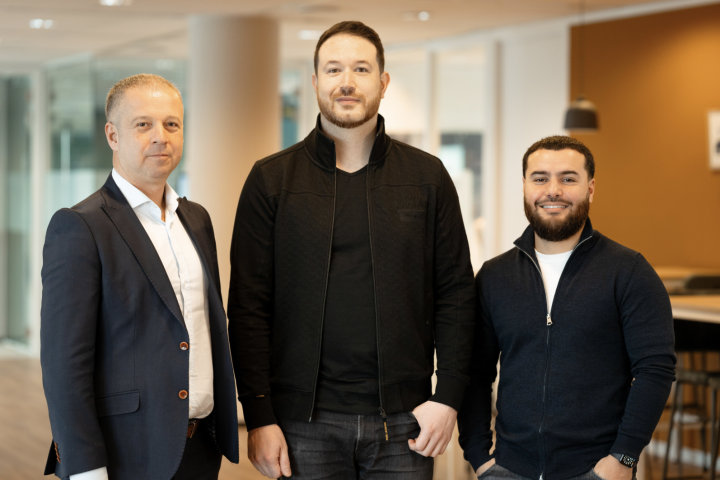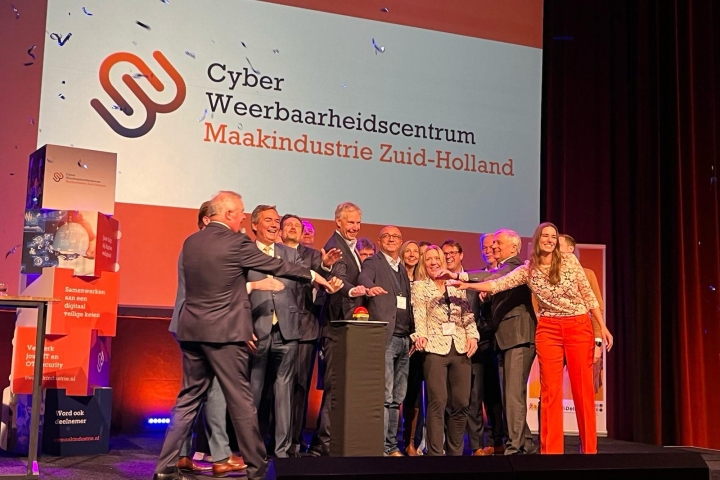Security by Design in The Detectable Vegetable Project: Reducing Food Waste with Smart Sensors
The Hague University of Applied Sciences is leading a broad practice-oriented research project 'The Detectable Vegetable' to use the development of non-contact sensor technology and data intelligence to detect disease and spoilage of horticultural vegetables at an early stage. Within this project, their Centre of Expertise Cyber Security/lectorate Cyber Security and Safety is involved to ensure digital security. It's an interesting example of 'Security by Design': investing in cyber security when developing a new digital infrastructure.
Within the Detectable Vegetable project, 2 universities of applied sciences, 3 knowledge institutions, 6 SMEs, 5 horticulture companies and umbrella organisations are working together on further developing and optimising optical sensors to make them suitable for monitoring crops in greenhouse horticulture. To analyse the collected data and gain insights into disease and spoilage, they are using deep learning models and artifical intelligence. The project also includes research on ensuring digital security and integrating the sensors into the digital infrastructure.
Pieter Burghouwt, Researcher HHS:"When developing new technologies, cyber risks also arise, for example from cyber attacks through the supply chain. In this project, we will investigate these risks together with Hudson Cybertec to ensure a secure data infrastructure."
AI-software
The project extends beyond new sensor technology. To extract valuable information from measurement data, Wageningen University is using machine learning to develop AI software that can accurately analyse the data from all measurements. It is also important to then make good use of obtained information on disease and spoilage in the production and distribution chain.
Why is cyber security important for this project?
In pilot projects, cybersecurity is often in the background, as the applications are often not yet considered critical at that stage. But overlooking this aspect can lead to significant problems later on, such as system failure due to sabotage or the leakage of confidential production data. By taking security into account right from the design process (security by design), such problems can be better prevented.
Collaboration
The Hague University of Applied Sciences is leading the research programme and is involved with several lectorates from its Knowledge Centre Digital Operations & Finance: Photonics, Smart Sensor Systems and Smart Sustainable Manufacturing. The lectorate Cyber Security and Safety of The Hague University of Applied Sciences also plays a role in the project. HAS University of Applied Sciences participates with the lectorate Green Health. WUR and TU Delft contribute with knowledge in the field of sensors and data analysis. SME partners are: Mythronics, Gearbox, perClass, Hudson Cybertec, 2Harvest and Vertigo. They contribute knowledge in areas such as greenhouse automation, robotisation, data analysis, machine learning, cyber security, sensors and greenhouse horticulture. Also involved are industry representatives from: Greenport West-Holland, CombiVliet, Reijm&zn, Tomatoworld and InnovationQuarter.
Want to know more about The Detectable Vegetable project? Check out the project page.
Source & Photo: Centre of Expertise Cyber Security & HHS




